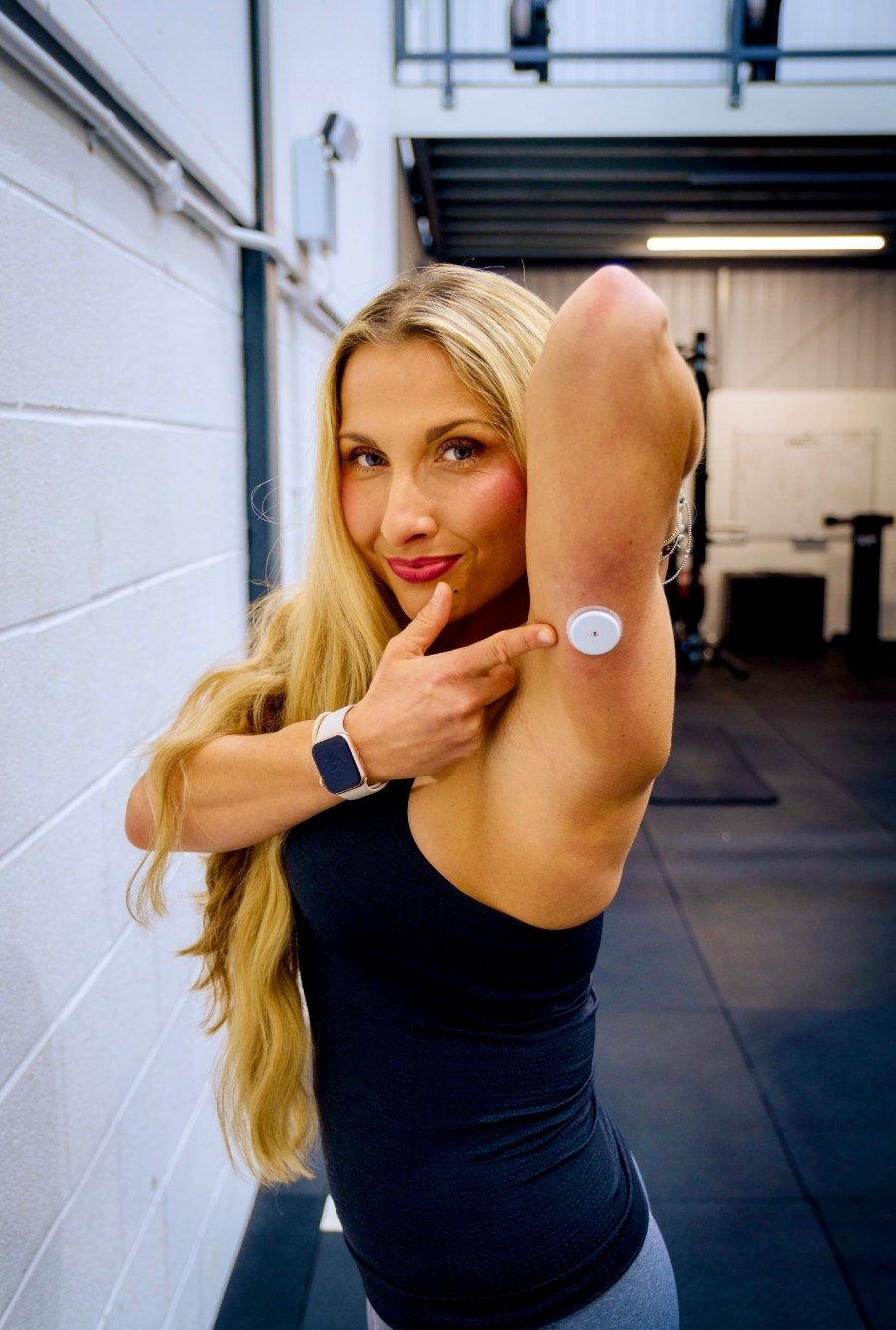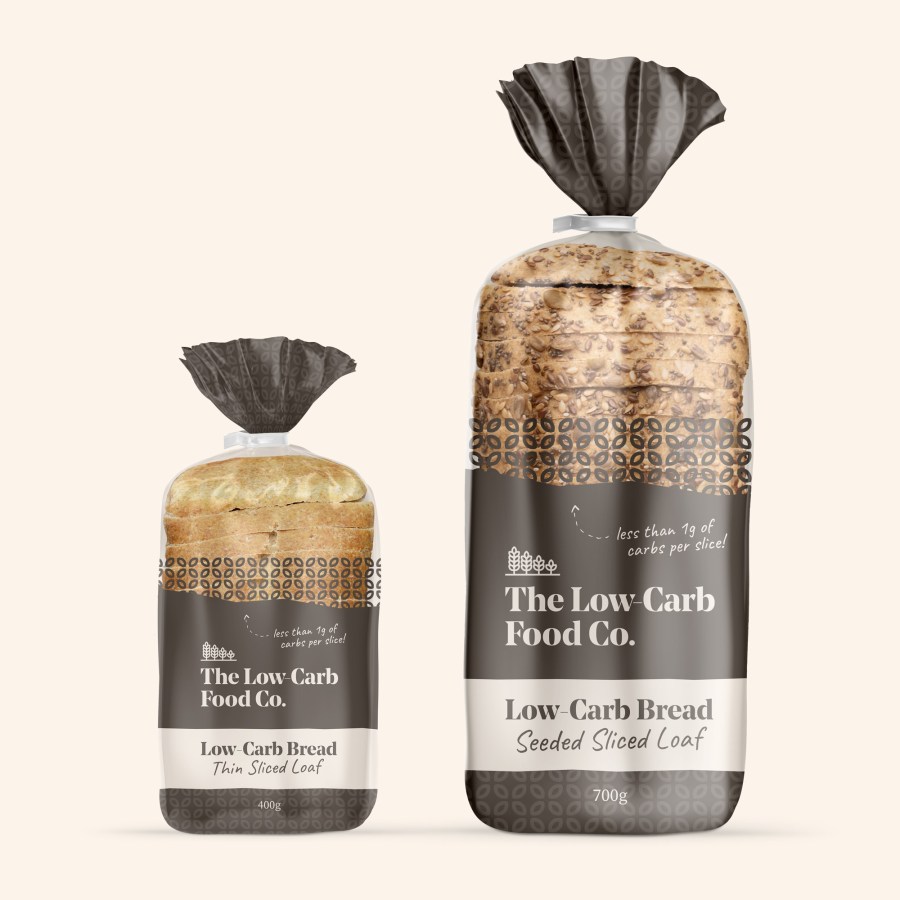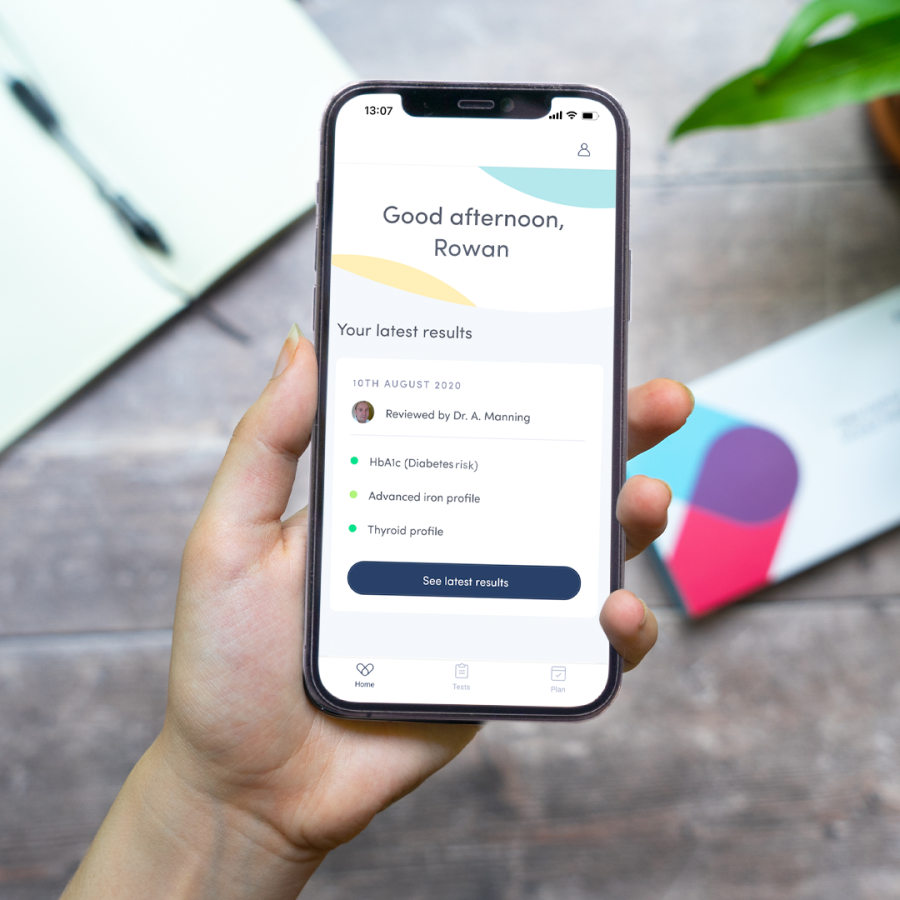
Alice Dogruyol shares her own diabetes journey
Our new columnist, Alice Dogruyol, shares her own diabetes journey, how diabetes management has evolved and how diabetic drugs and tech are becoming popular in the weight loss industry.
You might already know that losing weight can aid in the management of type 2 diabetes – but did you know diabetes medication and tech can also help with healthy weight loss?
A diagnosis of diabetes usually comes with a whole load of fear, confusion and frustration, but if you do have diabetes, either type 1 or type 2, it has never been a better time to be diabetic; the knowledge, medication, products and technology available in 2023 means we can become the victor rather than the victim in the battle with diabetes.
Discover the link between sleep and weight loss
Know your HbA1c
According to Diabetes UK, the number of people with diabetes in the UK is estimated to be 4.8 million, that number includes an estimated one million people that are undiagnosed. So, make sure you check your HbA1c, it’s an important blood test that gives you a three-month average blood glucose reading, which is the standard way to diagnose diabetes.
It is important to keep an eye on it, even if you aren’t overweight. There is certainly a strong correlation between being overweight and developing various diseases including type 2 diabetes, but age, genetics, race and other environmental factors are also thought to play a significant role.
My diabetes diagnosis
In 2017, my HbA1c was creeping up into the pre-diabetic range and I so put myself on a low-carb diet, and started exercising and losing weight, but by the autumn of 2018, to my total devastation, I was diagnosed with type 2 diabetes and put on metformin.
I upped the ante and began living a full-blown ketogenic lifestyle and did everything I could to try and reverse it. The weight was dropping off me unusually fast, I was looking great but I wasn’t feeling well. If I had a break from keto and had a handful of berries, my blood glucose would shoot up and take ages to come down.
Realising something was wrong
Despite my ultra healthy carb-free, alcohol-free lifestyle, my HbA1c continued to rise. Something was not right. My symptoms worsened over time: extreme thirst, blurry vision, acetone breath, fatigue, and by October 2020 I had lost five stone. Everyone was telling me how fabulous I looked but I was feeling like death.
The doctors told me to keep going, that I was doing really well and thought that my low mood and feeling unwell was probably “lockdown blues” and I might want to consider going on anti-depressants. They also suggested I take another medication that slows down the absorption of sugar. I spoke to a diabetic nurse and explained that I hardly eat any sugar as it is so I didn’t think the new pill would work. She was the first person who suggested that for my own peace of mind I might want to consider testing myself for type 1 diabetes.
Type 1 or type 2?
My GP wouldn’t test me for type 1 as they were sure I was type 2, so I got a private GAD antibody test – this is an autoimmune marker that diagnoses type 1 diabetes. I took myself off to a local private hospital, paid for the test and forgot about it. Christmas came and went and in the first week of January 2021 it occurred to me that I hadn’t been called about the test results. I thought I might as well pick them up as I had paid for the test and to my shock it came back as positive.
I sent the results to my GP and within an hour they had called me to say that it was looking like much more of a type 1 picture and that I needed urgent attention. Next, I managed to get a private endocrinologist appointment the next evening, she confirmed I was type 1, not type 2, and fast tracked me at 8am the next morning into her NHS clinic where I took my first injection of insulin. It turns out, I was in Diabetic Ketoacidosis (DKA) and probably days away from a serious, potentially fatal medical emergency. I have been injecting insulin several times a day ever since and sadly regained all the weight I had lost.
Discover how walking can help you lose excess weight
Difference between type 1 and type 2 diabetes
Nobody knows what causes type 1 diabetes. It is often diagnosed in childhood but can trigger at any time in adulthood. The question I asked my doctor over and over again was “are you sure I didn’t get this from eating too much sugar and carbs”? and “did this happen because I have been overweight for most of my adult life?” She firmly assured me that there was nothing I had done to trigger it and nothing I could to reverse it. My blood work showed high levels of three autoimmune antibodies that are specific to type 1 diabetes and that I was definitely not suffering from type 2.
Therein lies the big difference between type 1 and type 2; people with type 2 diabetes produce insulin, but their cells are resistant to it, and diet and lifestyle changes have been shown to reverse insulin resistance and put type 2 diabetes into remission. People with type 1 diabetes, however, are unable to produce insulin because of an autoimmune attack on the insulin-producing cells in the pancreas; there is no cure for type 1 and insulin needs to be injected daily to control blood glucose levels. Before the discovery of insulin in 1921, type 1 diabetes was a death sentence. When I look back at diabetes treatment through the ages, the advances in medication and technology are mind blowing.
How to manage diabetes and aid healthy weight loss
Learn how to manage your diabetes and start your healthy weight loss journey with Alice’s top tips.

1. Try the Diabetic Health Coach
Vanessa Haydock aka The Diabetic Health Coach is a unique and brilliant health and fitness professional and behavioral analyst who has lived with type 1 diabetes since she was a young girl. When I joined her online programme I got access to lots of useful guidance and support.
She checks in with me frequently to keep me focused on my weight-loss goals and is such an encouraging and inspirational person to work with. As part of the programme she connects her clients to a community of people who are all in a similar situation. Diabetes can feel lonely and it’s great to have a support network.
2. Weight loss injections
Ozempic has been hitting the headlines this year for its weight loss benefits. I’ve been taking weekly prescribed injections of Trulicity – a GLP-1 receptor agonist similar to Ozempic – for nine months and whilst I can report that it has curbed my appetite, it hasn’t performed miracles and has made me feel tired and nauseous.
I still need to watch my diet and keep exercising for Trulicity to have the desired effect of improved glycaemic control but it clearly delays gastric emptying, which makes me feel fuller for longer and definitely helps to control my appetite, which makes me eat less. I sometimes don’t feel I need to eat until midday and most days two meals a day is sufficient.
3. FreeStyle Libre 2 glucose sensor
I am extremely grateful to the NHS for providing me with a constant supply of FreeStyle Libre glucose sensors. They are little, white, scannable discs that stick to your skin for two weeks at a time and give you a blood glucose readings. These sensors are life-changing and, in some cases, life-saving for type 1 diabetics. They have alarms that alert you to low and high blood glucose situations, which is extremely helpful and indicates if your blood glucose is trending upwards or down.
I have noticed that lots of people without diabetes are also using them to monitor their blood glucose control, improve health, support weight management and help with athletic performance. Knowing how your body reacts to different foods can help you make better choices and reduce glucose spikes.

4. Try the Low Carb Food Company
This amazing online food company has developed a wide range of low-carb foods that make low-carb living achievable and enjoyable. Their bread selection is fantastic, the best I have tried anywhere – it’s a real game changer. They also have delicious cooking sauces with no hidden sugars and keto-friendly chocolate. If you have diabetes this will become your favourite online shop!
5. Thriva blood testing
During my pre-type 1 diagnosis period, I was curious to monitor my health more closely. My GP wouldn’t test my blood as frequently as I would like have liked and during the pandemic, they weren’t able to offer the support I needed. I found using Thriva really useful to take control and keep track of my overall health.
It is a simple to use, at-home blood testing company that just requires a finger prick. My tip for getting enough blood out of your finger is to be well-hydrated and have a warm bath before you use the lancet. This will help increase the blood flow to fill up the little tubes with the amount of blood required. The report you get back is very comprehensive, easy to read and filled with actionable GP advice.
To find out more about diabetes and weight loss, visit diabetes.co.uk
Connect with Alice at instagram.com/Alice_Dogruyol.
Read Alice’s weight loss columns here!







